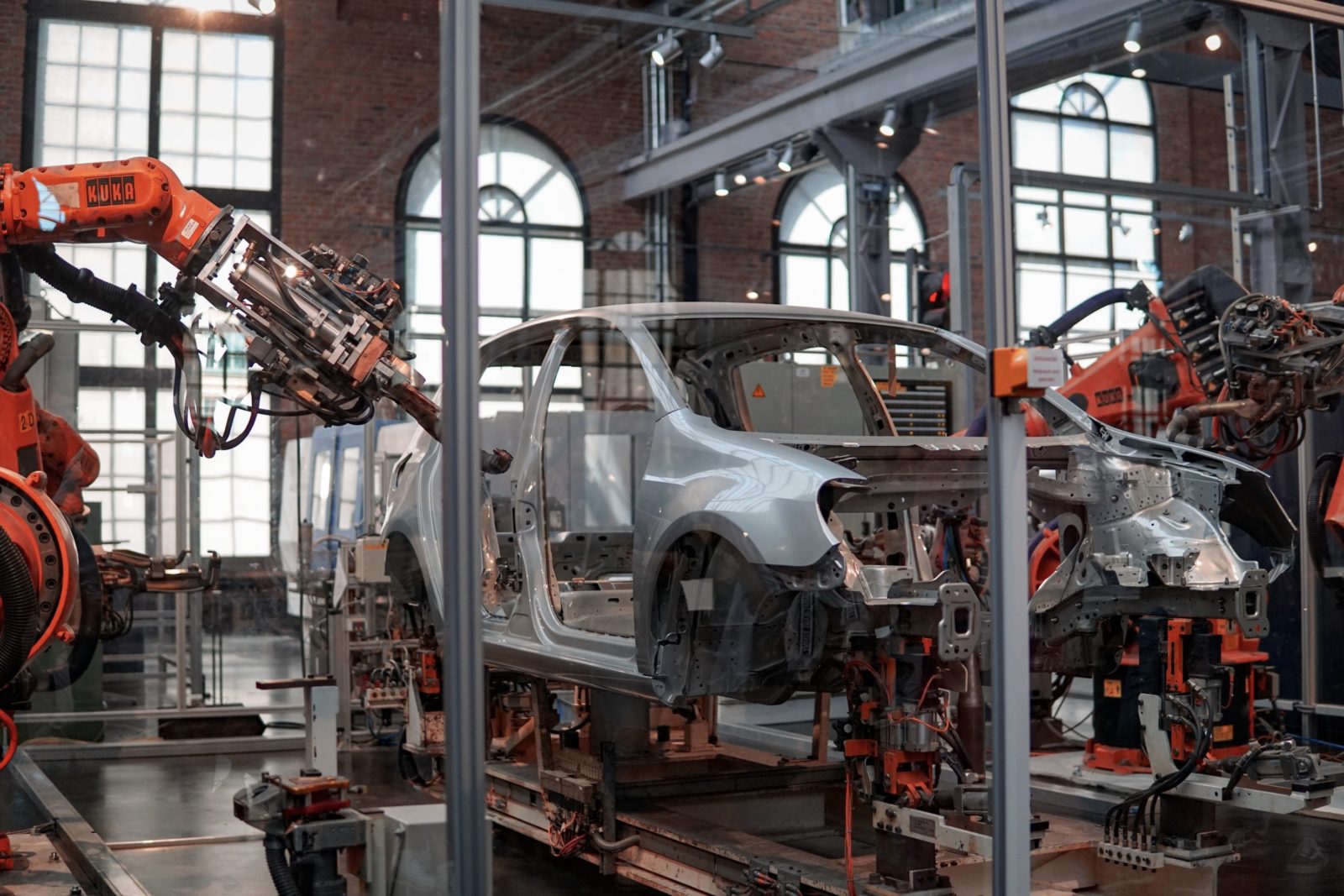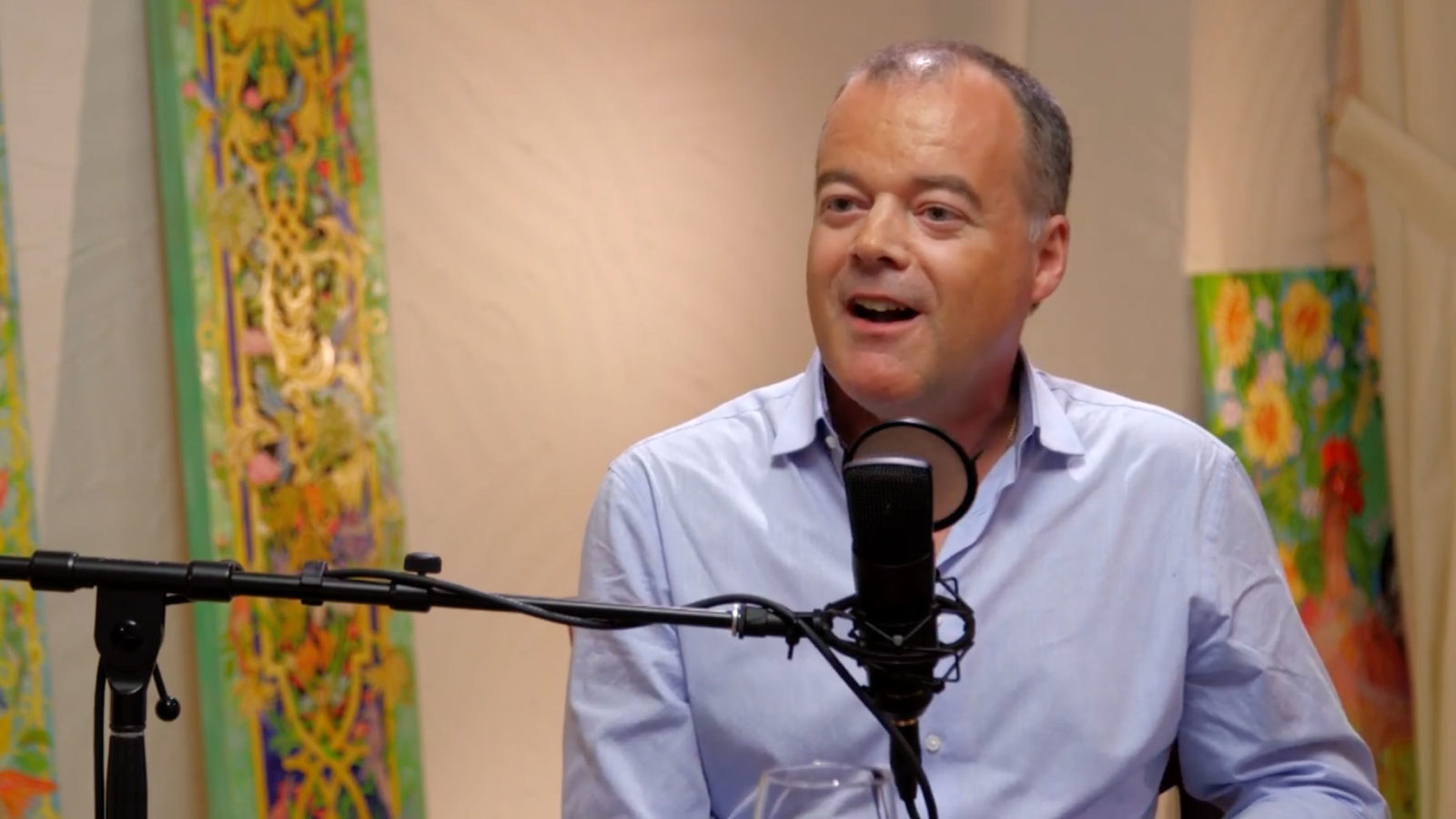The ‘Everything Handmade’ Trend Will Curb Job Losses
Experts have predicted the looming automation of everything, with machines replacing labor and putting half the population out of work. This forecast seems to follow from basic economic logic: Economic growth is about getting more output from less input. Labor is an input. We are now devising powerful forms of automation, which will dilute our labor to homeopathic levels—especially in middle skill, blue-collar trades. Therefore, much of the population will soon be jobless. That inference is too simple. There’s disruption ahead, but other trends may fend off the job famine. Here’s one: As ever more goods become cheap commodities, the economic value of the human touch—of literal labor—goes up. Starbucks provided early evidence that an automation apocalypse isn’t inevitable. Fifty years …




